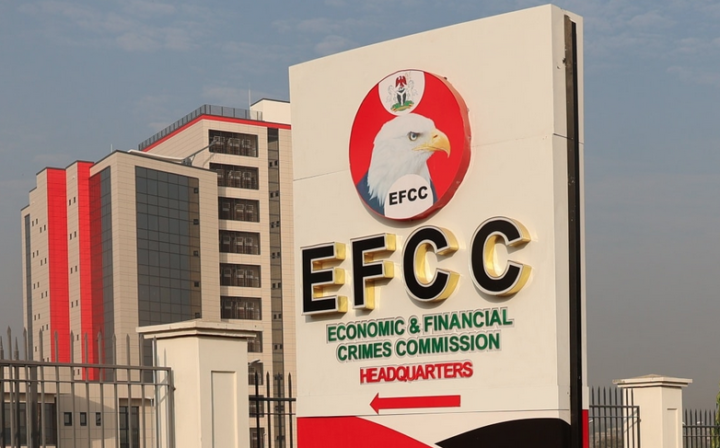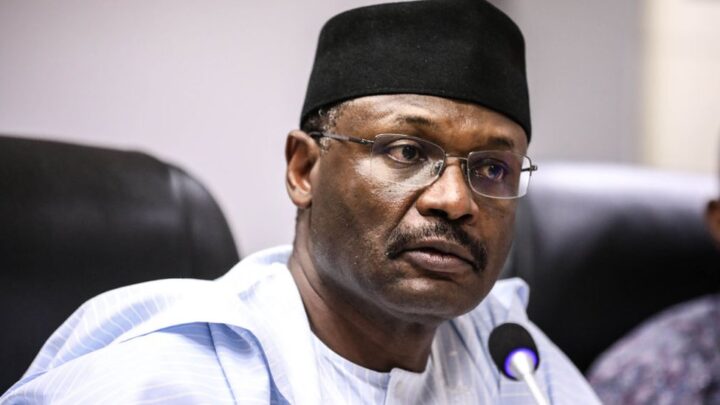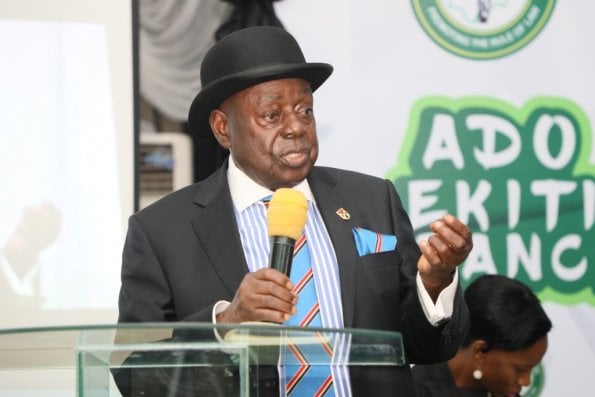Zainab Ahmed, minister of finance, budget and national planning, says the federal government spent a total of N5.24 trillion on debt servicing between January and November 2022, out of its N6.5 trillion retained revenue for the same period.
Ahmed said this in Abuja on Wednesday during the public presentation and breakdown of the approved 2023 budget.
The spend puts the country’s debt service-to-revenue ratio at 80.6 percent for the period under review — a figure far above World Bank’s suggested 22.5 percent for low-income countries like Nigeria.
Speaking at the event, Ahmed said the federal government’s share of oil revenues generated within the period was N586.71 billion (representing 35.7 percent performance), while non-oil tax revenues totalled N2.09 trillion — a performance of 123.3 percent.
Advertisement
She said companies’ income tax (CIT) and value-added tax (VAT) collections were N1.08 trillion and N295.2 billion, representing 158.6 percent and 124.3 percent of their respective targets.
According to Ahmed, customs collections (comprising import duties, excise, fees, and special levies) exceeded the target by N15.42 billion (i.e, 102 percent performance).
She added that other revenues amounted to N3.72 trillion, of which independent revenue was N1.32 trillion.
Advertisement
On the expenditure side, the minister said as of the end of November 2022, the government had spent a total of N12.87 trillion, out of which N1.88 trillion was released for capital expenditure.
FG TO FINANCE N11.34TRILLION BUDGET DEFICIT BY BORROWING
On funding sources for the 2023 budget, Ahmed said 22 percent of projected revenues will come from oil-related sources while 78 percent will be earned from non-oil sources.
She said the overall budget deficit for the 2023 budget is N11.34 trillion, representing 5.03 percent of the country’s gross domestic product (GDP).
Advertisement
The minister further explained that the budget deficit would be financed mainly by borrowings, noting that N7.04 trillion would be borrowed from domestic sources, N1.76 trillion from foreign sources, N1.77 billion from multilateral and bilateral loan drawdowns, while privatisation proceeds would provide N206.18 billion.
She added that the gap between the revenue plus additional financing, and total expenditure, amounting to N553.46 billion is expected to be financed by additional revenue from spectrum fees and tax on the maritime sector.
Add a comment





